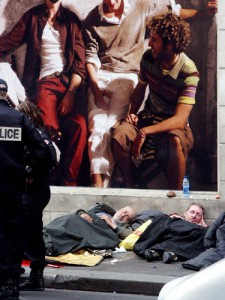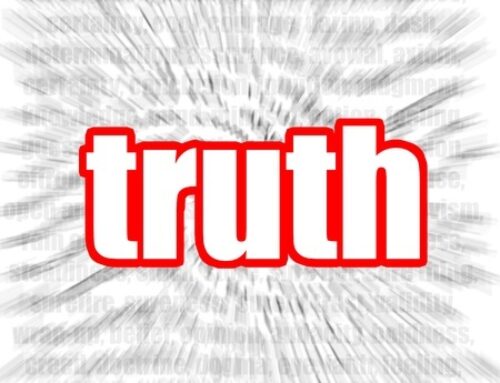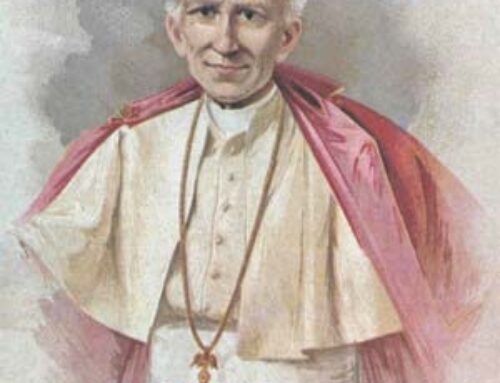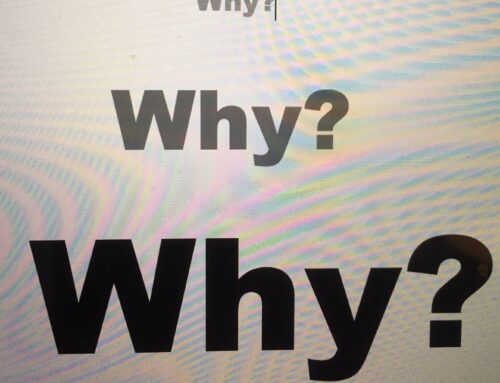 The Economic Opportunity Act of 1964 (EOA) launched the “war on poverty.” This legislation, promoted by Lyndon Johnson and supported by his successors Richard Nixon and Gerald Ford, was a key part of what is known as the Great Society program.
The Economic Opportunity Act of 1964 (EOA) launched the “war on poverty.” This legislation, promoted by Lyndon Johnson and supported by his successors Richard Nixon and Gerald Ford, was a key part of what is known as the Great Society program.
From its inception, the war on poverty was a noble undertaking. After all, no decent person would argue for the preservation of poverty. Unfortunately, that very fact discouraged most people from questioning or criticizing it. Those that did were labeled uncaring or worse. I speak from experience because I once made such a charge.
In the late 1960s, while a professor in a small college in upstate New York, I served as (unpaid) president of the county’s EOA-sponsored non-profit agency. Before federal funds could be granted, the county had to make a financial commitment. County officials made that commitment for a few years, but then threatened to withdraw it because, as they put it, agency workers were not just identifying poverty in the county—they were “creating poverty.”
My response was to write an open letter to county officials and submit it to area newspapers. I pointed out the absurdity of equating finding the poor and informing them of available assistance with creating their poverty. Such nonsense, I continued, implied that the officials would rather have the poor suffer in silence than disturb the illusion that all was well in the county. That attitude, I concluded, hardly honored the Judeo-Christian ideal of helping those in need.
It was an easy letter to write. Having been a social caseworker some years earlier, I knew both that poverty is a real condition and the poor are often unable to speak for themselves. In any event, the letter aroused public interest and the officials relented and restored their support to the agency.
Recently, over forty years removed from that incident, with issues such as social justice and the plight of the poor in discussion once more, I decided to check the current status of the agency I once spoke for. My findings were troubling.
Geographically, the county in question is still one of the largest in New York State; however, it was and is among the smallest in population. In the 1960s it had about 44 thousand residents. According to the 2010 census, the population had risen to about 48 thousand, a little less than a 10% gain.
According to its website, when the agency was founded in the 1960s, it served approximately 600 people, whereas in 2005 it served 13 thousand people. That’s right, 13 thousand—almost 27 percent of the entire population of the county. To put it another way, the number of people needing assistance in 2005 was twenty times higher than in the 1960s. The reader is probably thinking, as I am, ”That figure can’t be right—they must be double-, triple-, or quadruple-counting.” But however they are arriving at those figures, they are evidently the ones they have submitted to the government to justify their workforce, stated as 270 employees (plus 400 volunteers) with an annual budget of $11.5 million.
For clarity’s sake, it should be stated that this EOA agency did not replace the Department of Social Services. It is a separate, additional agency serving many of the same residents. So the $11.5 million a year is over and above what is spent by the state.
Even if the number of residents receiving assistance from the EOA agency were the same number as in the 1960s (600) and the workforce were the same as at that time (a dozen or so), how much progress would it have made in its “war on poverty.” None whatsoever. On the contrary, poverty has increased twentyfold.
I find myself now thinking that , as absurd as I thought it was for those officials to say that EOA workers were creating poverty, in a sense that is just what was happening. Of course, I could reason that they were really just creating an attitude of entitlement that, over the years, increasing numbers of people have found attractive. But that would be a distinction without much of a difference.
Copyright © 2012 by Vincent Ryan Ruggiero. All rights reserved



